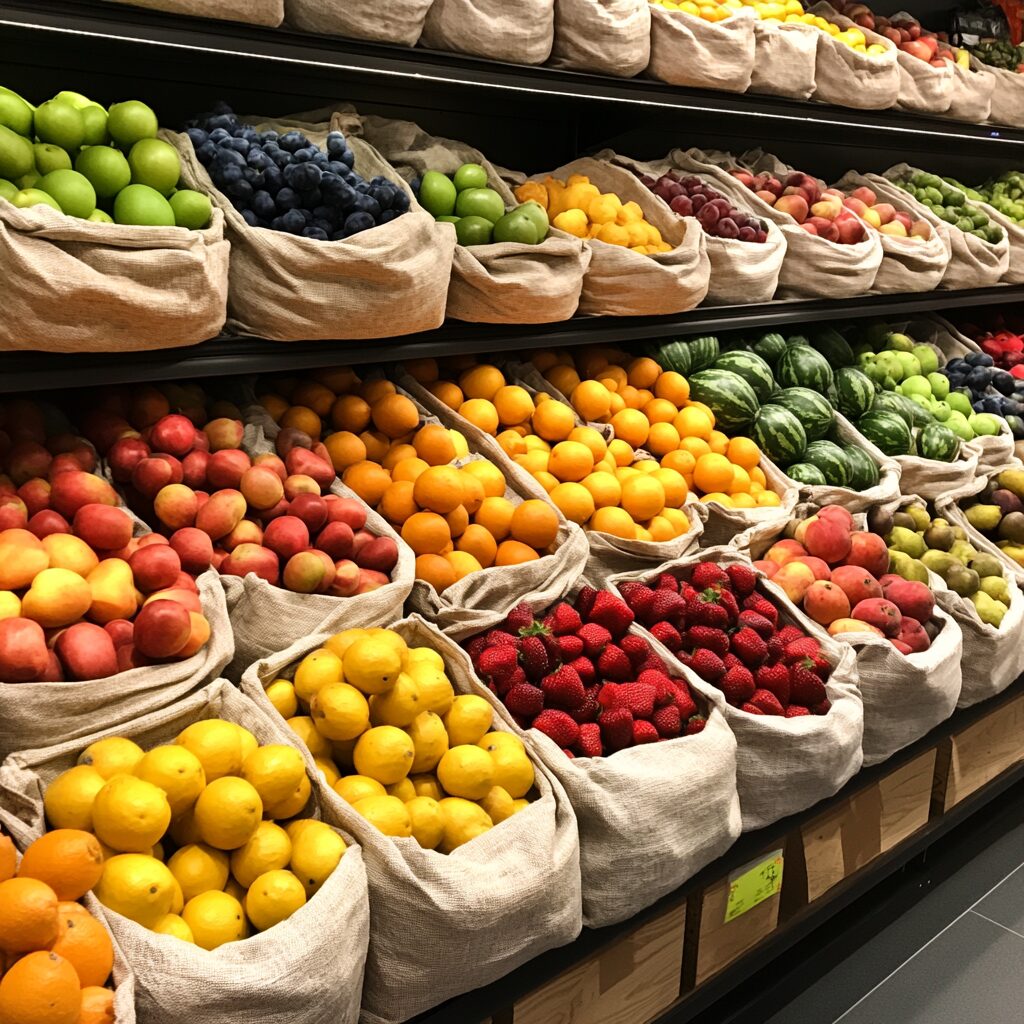Vitamin C plays a crucial role in supporting overall health, helping to shield the body from various chronic diseases. Found abundantly in fruits and vegetables, this essential nutrient is key to maintaining well-being. To boost your intake, here are some of the best vitamin C-rich foods to incorporate into your diet.
What is vitamin C?
Vitamin C, also known as ascorbic acid, is a water-soluble vitamin essential for various bodily functions. It plays a crucial role in collagen synthesis, which helps maintain healthy skin, blood vessels, and connective tissues. It also acts as an antioxidant, protecting cells from damage caused by free radicals.
The benefits
Vitamin C is a powerhouse nutrient with a range of benefits! Here are some reasons why it’s essential for your health:
- Boosts Immunity – It helps your body fight infections by supporting white blood cells.
- Powerful Antioxidant – It combats free radicals, reducing oxidative stress and lowering the risk of chronic diseases.
- Supports Skin Health – It plays a key role in collagen production, keeping your skin firm and youthful.
- Improves Iron Absorption – It enhances the absorption of iron from plant-based foods, helping to prevent deficiencies.
- Speeds Up Healing – It aids in wound healing by promoting tissue repair.
- Protects Heart Health – Studies suggest it may help lower blood pressure and reduce the risk of heart disease.
- Enhances Brain Function – It supports cognitive health and may reduce the risk of neurodegenerative diseases.
How much vitamin C do you need?
The recommended daily allowances (RDAs) for vitamin C are established based on its essential roles in supporting white blood cells through physiological and antioxidant functions. These values are significantly higher than the minimal amount necessary to prevent deficiency.
While most Americans consume enough vitamin C to meet these guidelines, certain groups may be at risk for inadequate intake. This includes individuals who smoke or are regularly exposed to second-hand smoke, those with highly restricted diets, and individuals with medical conditions such as malabsorption disorders, kidney disease, or cancer.
- Adults:
- Men: 90 mg per day
- Women: 75 mg per day
- Pregnant women: 85 mg per day
- Breastfeeding women: 120 mg per day
- Children:
- 1–3 years: 15 mg per day
- 4–8 years: 25 mg per day
- 9–13 years: 45 mg per day
- 14–18 years: Boys: 75 mg per day | Girls: 65 mg per day
Smokers typically need 35 mg more per day, since smoking increases oxidative stress.
Can you take too much vitamin C?
Taking too much vitamin C can cause nausea, diarrhea, and stomach cramps, however, these symptoms will dissipate when you decrease consumption. The tolerable upper intake level (UL) for vitamin C is 2,000 milligrams (2 grams) per day for adults
List of Foods High in Vitamin C
1. Lychee
These delightful bite-sized fruits not only offer a fragrant, tropical aroma but also pack a punch of vitamin C—136 milligrams per cup, to be exact. A delicious and nutritious addition to your diet, they bring both flavor and health benefits.
Per one-cup serving:
- 125 calories
- 1 g fat (0 g saturated fat)
- 2 mg sodium
- 31 g carbohydrates
- 29 g sugar
- 3 g fiber
- 2 g protein
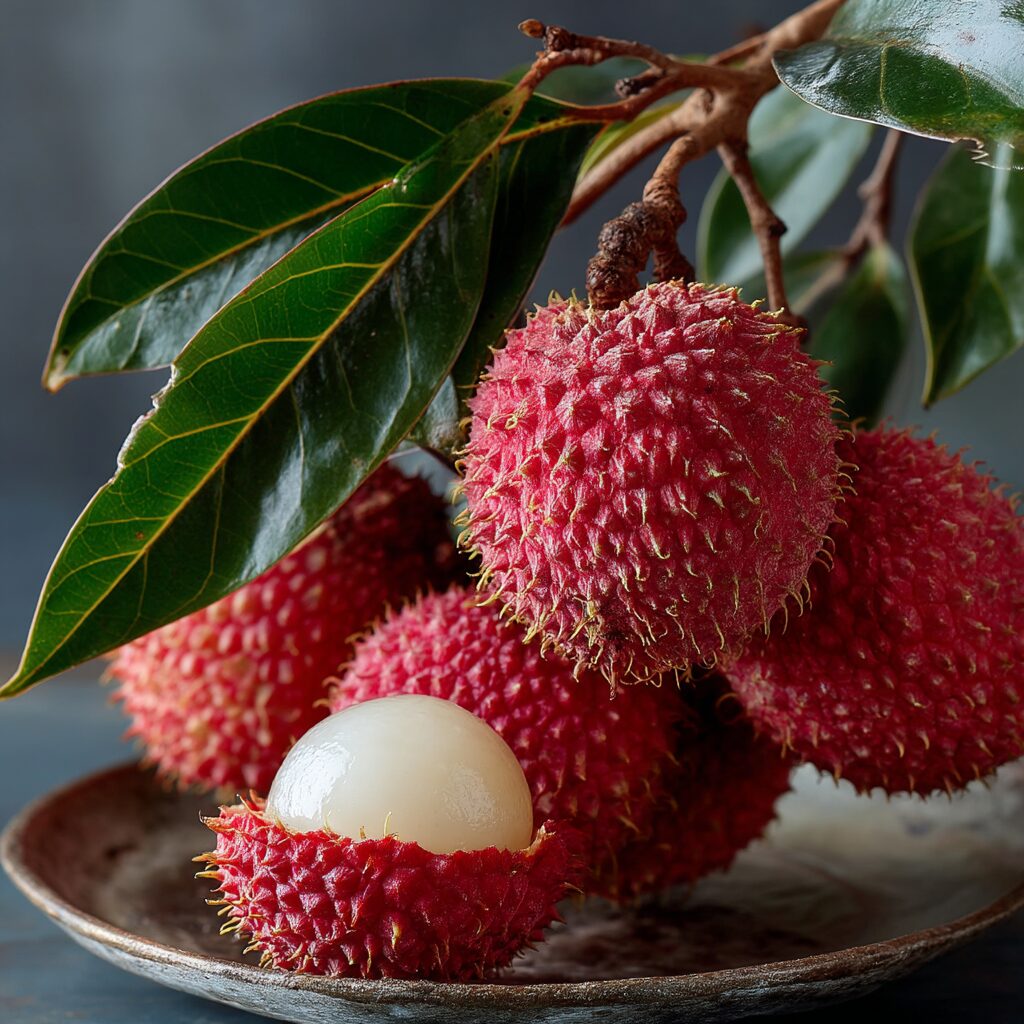
2. Brussels Sprouts
With their brain-like appearance, Brussels sprouts offer a surprising nutritional boost—especially with their impressive 75 milligrams of vitamin C per serving, which may support brain health. Whether roasted to perfection or shredded into a crisp salad, they bring both texture and flavor to any dish.
Per one-cup serving:
- 38 calories
- 0 g fat (0 g saturated fat)
- 22 mg sodium
- 8 g carbohydrates
- 2 g sugar
- 3 g fiber
- 3 g protein
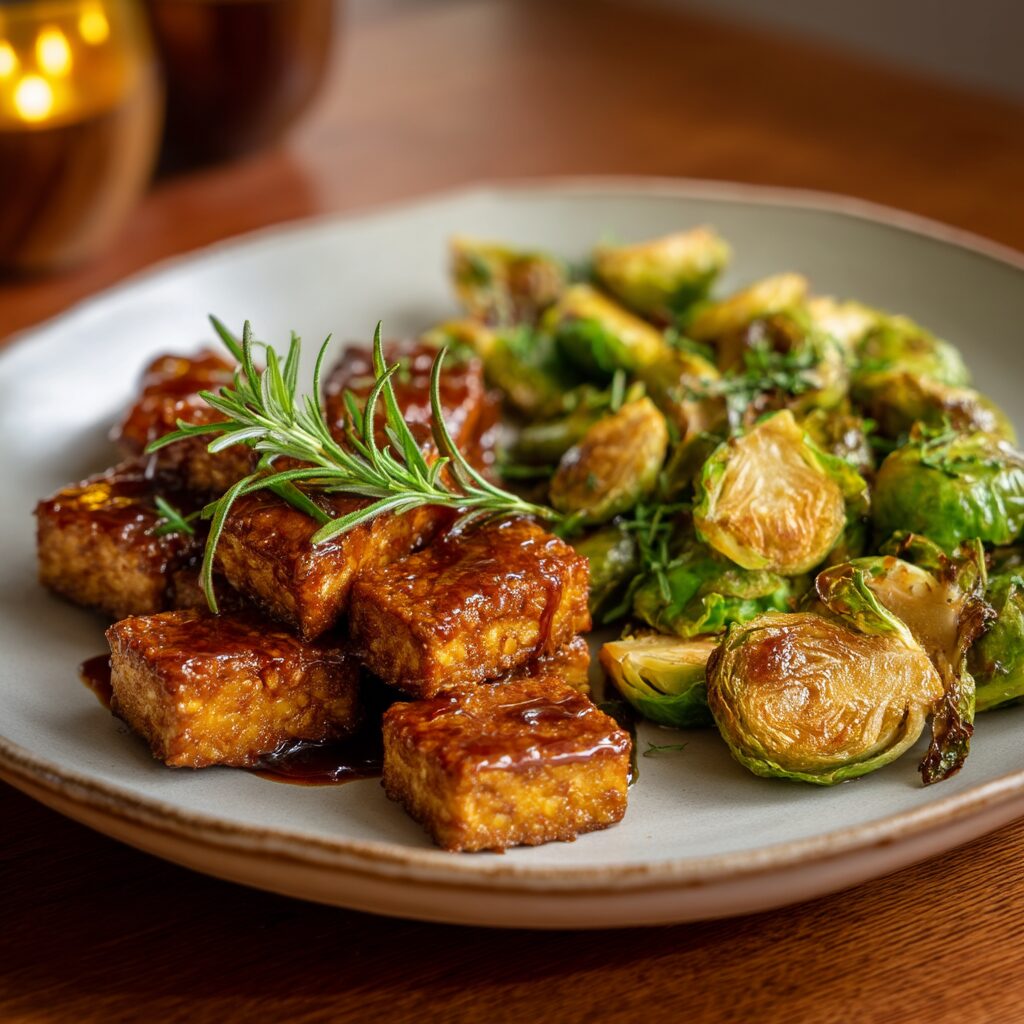
3. Blackcurrants
For a refreshing twist, trade blackberries for blackcurrants—these flavorful berries boast an impressive 203 milligrams of vitamin C per serving, nearly seven times more than their blackberry counterparts. Whether enjoyed fresh or blended into smoothies, they’re a powerhouse of both taste and nutrition.
Per one-cup serving:
- 71 calories
- 0.5 g fat (0 g saturated fat)
- 2 mg sodium
- 17 g carbohydrates
- 2 g sugar
- 3 g fiber
- 2 g protein
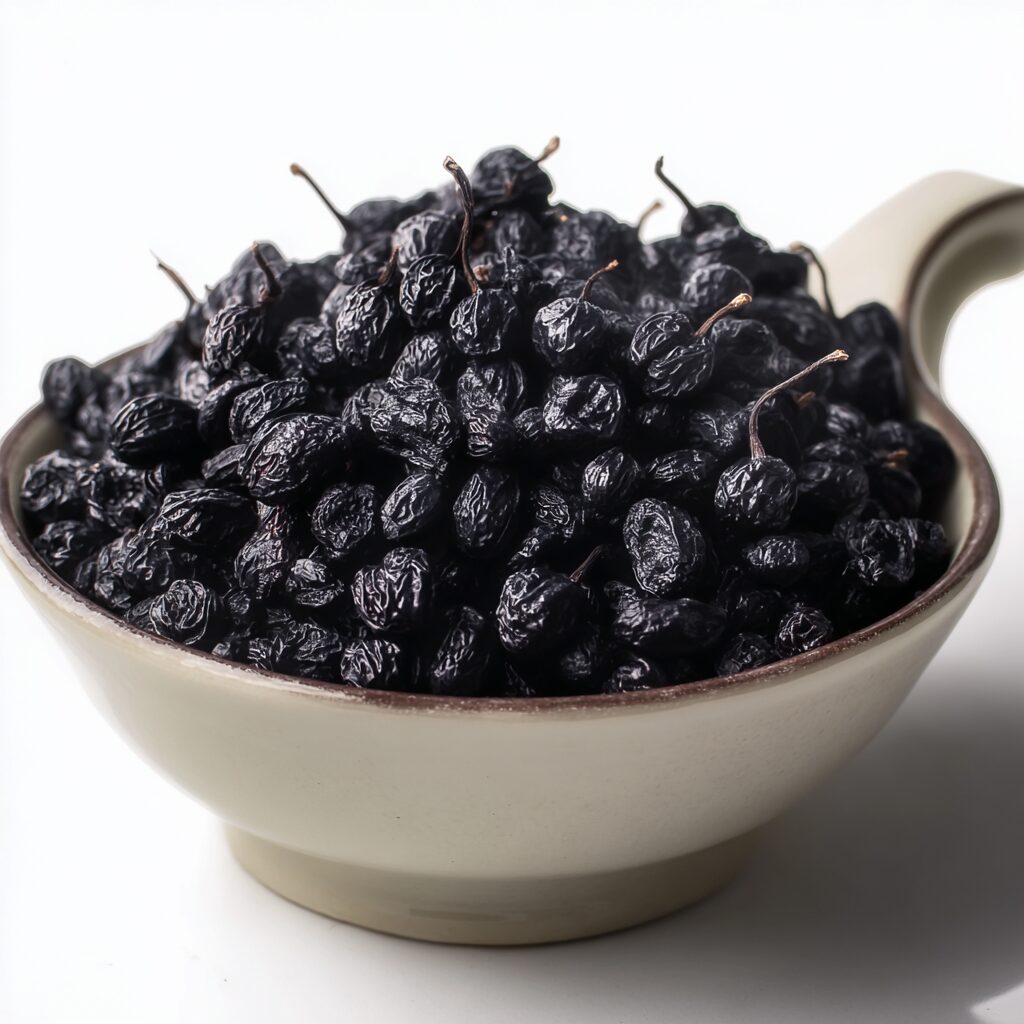
4. Mango
Some of the most deliciously sweet fruits don’t just evoke memories of sun-soaked beach vacations—they also pack a serious nutritional punch. Take mangoes, for instance: each one delivers a generous 75 milligrams of vitamin C, making them both a tasty and beneficial addition to your diet.
Per mango:
- 124 calories
- 1 g fat (0 g saturated fat)
- 2 mg sodium
- 31 g carbohydrates
- 28 g sugar
- 3 g fiber
- 2 g protein
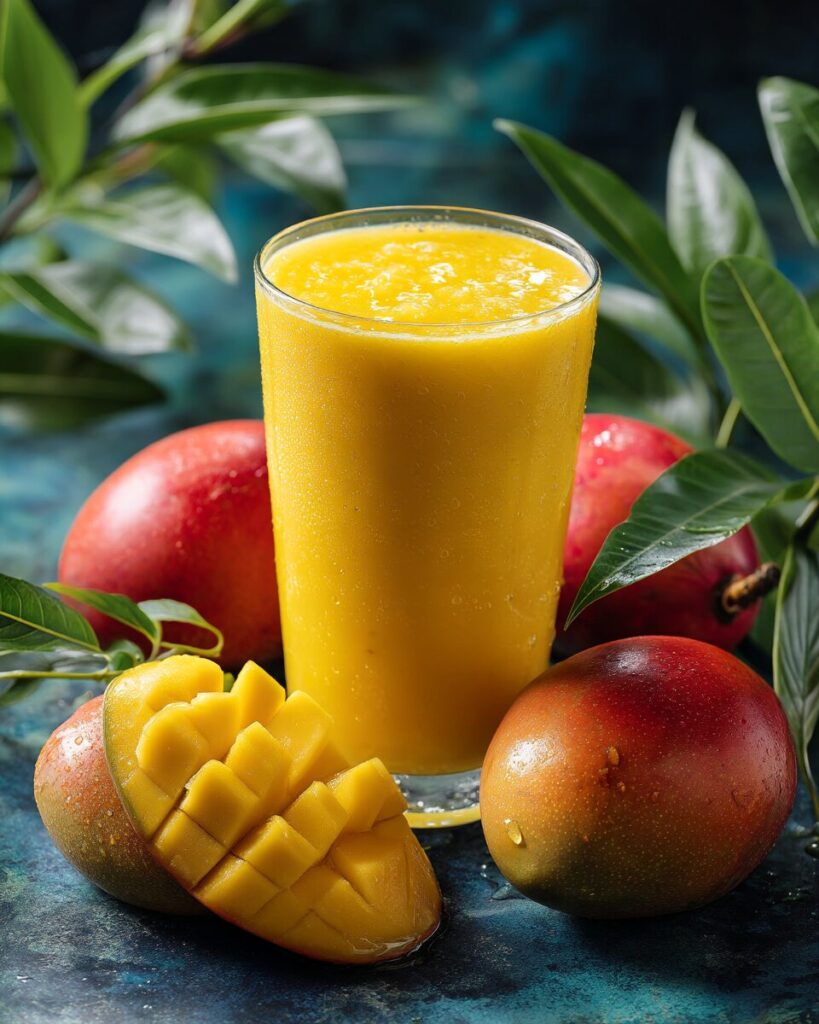
5. Green Bell Pepper
If the sweetness of red bell peppers isn’t your thing, their green counterpart offers a refreshing alternative—while still delivering a powerful dose of vitamin C, with 120 milligrams per serving. Whether tossed into a stir-fry or enjoyed raw for a crisp crunch, green bell peppers are a nutrient-packed addition to any meal.
Per cup, chopped:
- 30 calories
- 0 g fat (0 g saturated fat)
- 5 mg sodium
- 7 g carbohydrates
- 4 g sugar
- 3 g fiber
- 1 g protein
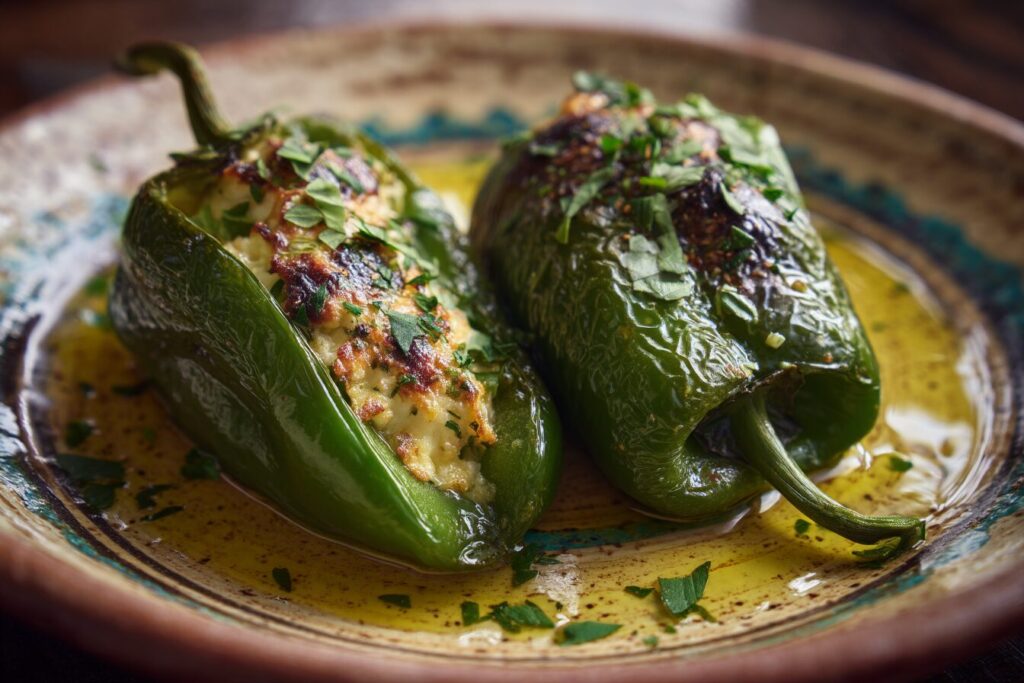
6. Cauliflower
Whether you’re dunking florets in ranch or stirring riced cauliflower into your favorite dish, this versatile veggie delivers an impressive 128 milligrams of vitamin C in one small head. Plus, it’s rich in fiber, making it a satisfying addition to any meal.
Per small cauliflower:
- 66 calories
- 1 g fat (0 g saturated fat)
- 80 mg sodium
- 13 g carbohydrates
- 5 g sugar
- 5 g fiber
- 5 g protein
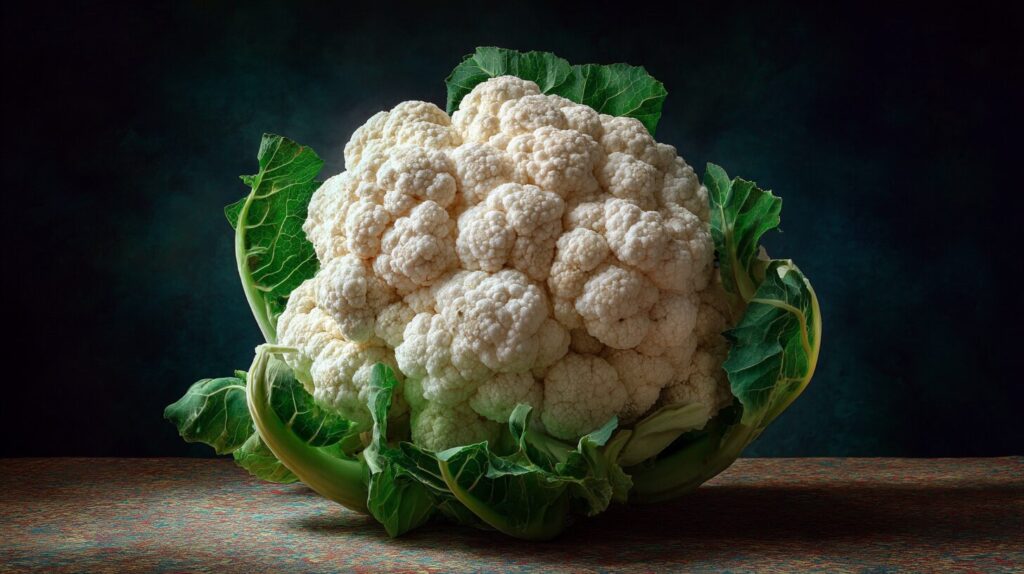
7. Oranges
It’s no surprise that oranges are synonymous with vitamin C—one medium-sized fruit packs a powerful 70 milligrams of this essential antioxidant. Plus, their rich flavonoid content has been associated with lower risks of macular degeneration and heart disease.
Per medium orange:
- 62 calories
- 1 g fat (0 g saturated fat)
- 0 mg sodium
- 15 g carbohydrates
- 12 g sugar
- 3 g fiber
- 1 g protein
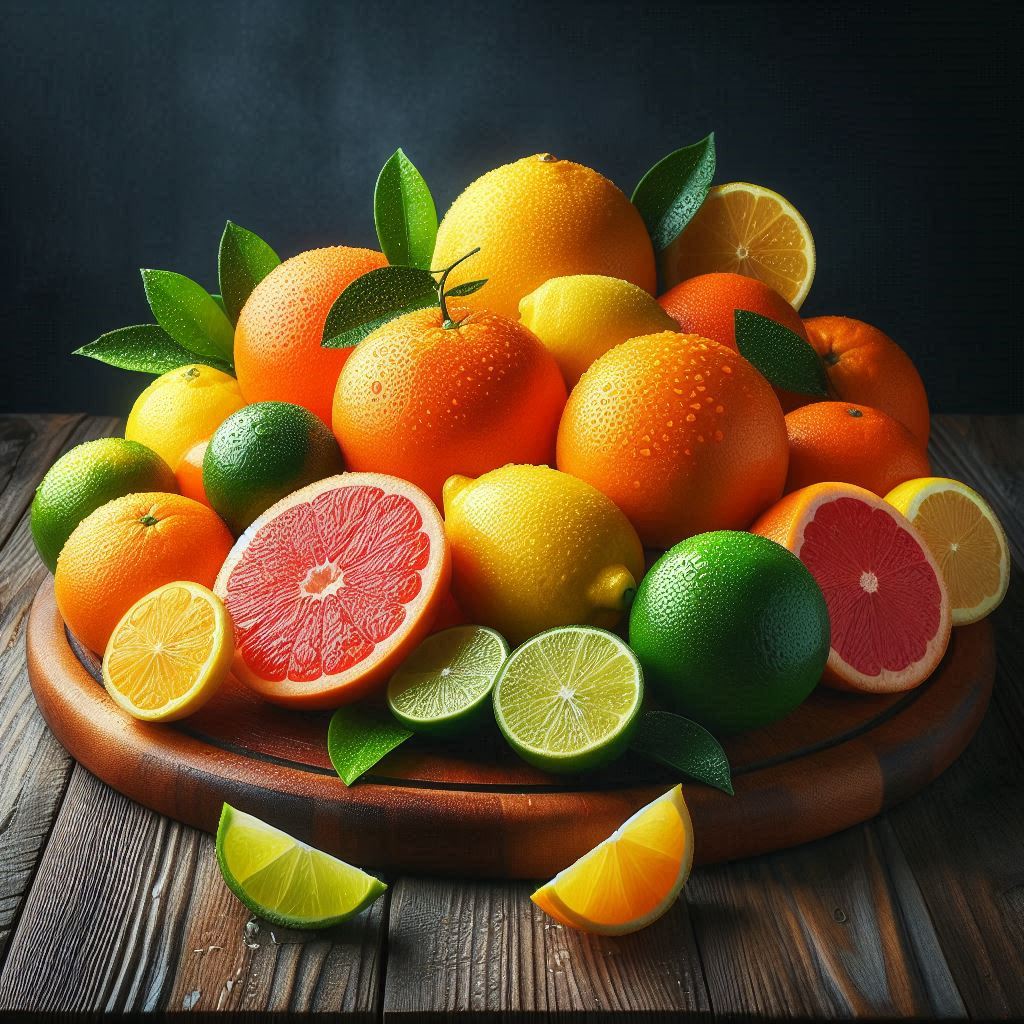
8. Grapefruit
If you’re looking for a citrus alternative, grapefruits offer a powerful punch. With 88 milligrams of vitamin C per medium fruit, they bring a refreshing tang while providing impressive health benefits. A bold and vibrant way to mix up your routine!
Per medium grapefruit:
- 82 calories
- 0 g fat (0 g saturated fat)
- 0 mg sodium
- 21 g carbohydrates
- 10 g sugar
- 3 g fiber
- 2 g protein

9. Tomato Juice
A single cup of pure tomato juice packs an impressive 174 milligrams of vitamin C—so go ahead and indulge in that Bloody Mary mix! Just be sure to choose the low-sodium option for a heart-friendly twist.
Nutritional breakdown per cup:
- Calories: 42
- Fat: 1 g (0 g saturated fat)
- Sodium: 25 mg
- Carbohydrates: 9 g
- Sugar: 6 g
- Fiber: 1 g
- Protein: 2 g
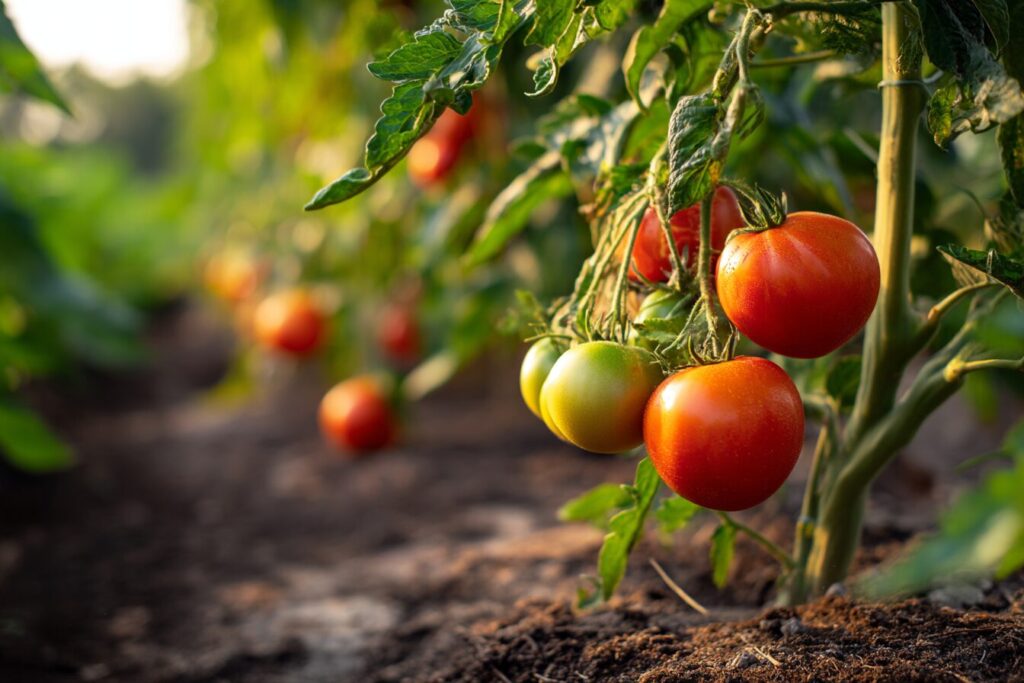
10. Cantaloupe
With its vibrant hue and fruity appeal, cantaloupe is a refreshingly nutritious choice—packing 48 milligrams of vitamin C per serving. A tasty way to boost your antioxidant intake!
Nutritional breakdown per quarter of a medium melon:
- Calories: 50
- Fat: 0 g (0 g saturated fat)
- Sodium: 25 mg
- Carbohydrates: 12 g
- Sugar: 1 g
- Fiber: 1 g
- Protein: 1 g
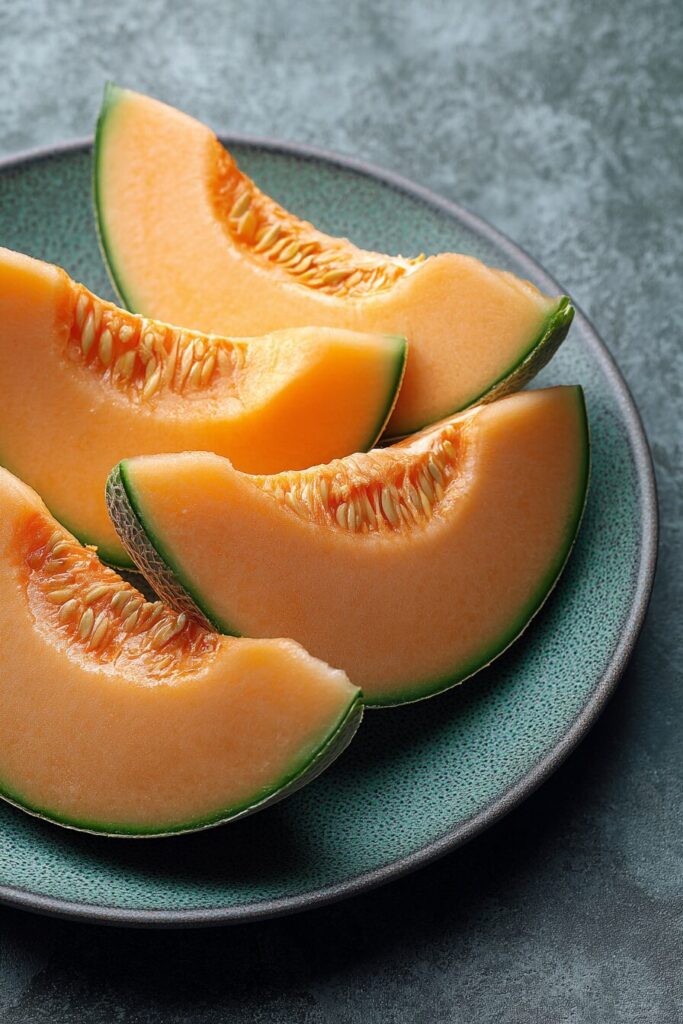
11. Red Bell Pepper
Bright, crisp, and bursting with nutrition, chopped peppers are an excellent, low-calorie way to amp up your vitamin C intake—delivering 95 milligrams per half-cup serving!
Nutritional breakdown per half cup, chopped:
- Calories: 19
- Fat: 0 g (0 g saturated fat)
- Sodium: 3 mg
- Carbohydrates: 4 g
- Sugar: 3 g
- Fiber: 2 g
- Protein: 1 g
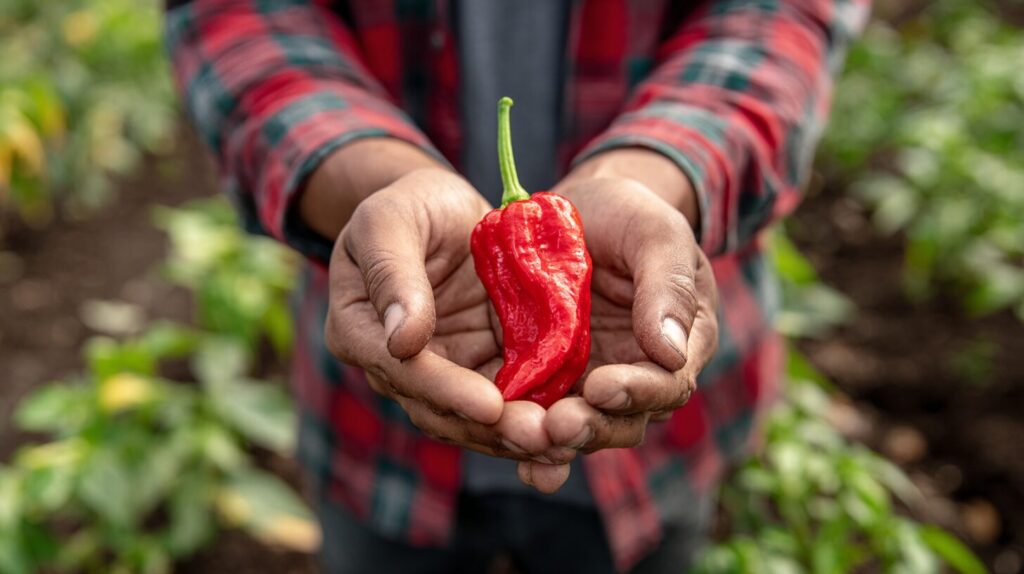
12. Papaya
A single cup of papaya delivers an impressive 88 milligrams of vitamin C, along with a healthy dose of vitamin A and fiber—making it a powerhouse of nutrition.
Nutritional breakdown per cup of papaya pieces:
- Calories: 62
- Fat: 0.4 g (0 g saturated fat)
- Sodium: 12 mg
- Carbohydrates: 16 g
- Sugar: 11 g
- Fiber: 3 g
- Protein: 0.7 g

13. Guava
Nothing screams summer quite like tropical fruit, and this one delivers a whopping 377 milligrams of vitamin C per cup—five times the daily recommended intake!
Nutritional breakdown per one-cup serving:
- Calories: 112
- Fat: 2 g (0 g saturated fat)
- Sodium: 3 mg
- Carbohydrates: 24 g
- Sugar: 15 g
- Fiber: 9 g
- Protein: 4 g

14. Broccoli
Broccoli isn’t just a powerhouse of vitamin C—delivering 81 milligrams per cup—it also sneaks in a solid protein boost with nearly three grams per serving. A nutrient-packed pick for your plate!
Nutritional breakdown per one-cup serving, chopped:
- Calories: 31
- Fat: 0 g (0 g saturated fat)
- Sodium: 30 mg
- Carbohydrates: 6 g
- Sugar: 2 g
- Fiber: 2 g
- Protein: 3 g

15. Strawberries
With 98 milligrams of vitamin C per cup, sliced strawberries are a sweet and refreshing way to support your immune system. (So yes, let’s pretend strawberry shortcake is a health food!)
Nutritional breakdown per one-cup serving, sliced:
- Calories: 53
- Fat: 0.5 g (0 g saturated fat)
- Sodium: 2 mg
- Carbohydrates: 13 g
- Sugar: 8 g
- Fiber: 3 g
- Protein: 1 g

FAQ
What foods are fortified with vitamin C?
Many foods and beverages undergo fortification, a process that enhances their nutrient content by adding vitamins, minerals, and amino acids in appropriate amounts. Vitamin C is commonly added to certain breakfast cereals, dehydrated potatoes, fruit juices, infant formulas, and meal replacements.
To check if a processed food contains added vitamin C, simply examine the nutrition facts label and ingredient list. This will indicate whether the product has been fortified.
Should you take vitamin C supplements?
Although most people consume enough vitamin C to meet the recommended dietary allowance (RDA), supplementation can be helpful for certain individuals. Studies indicate that adult males typically intake an average of 105.2 mg per day, while adult females consume about 83.6 mg per day—both amounts generally meeting the RDA for nonsmoking adults. However, those who smoke, follow restrictive diets, or face a higher risk of deficiency may benefit from additional vitamin C through supplements.
Vitamin C is available as an individual supplement or as part of a multivitamin. In supplements, it is commonly found in the form of ascorbic acid, which has the same bioavailability as the naturally occurring ascorbic acid in foods.
Before taking vitamin C supplements, it is advisable to consult a medical professional or registered dietitian, especially during pregnancy or while breastfeeding.
Bottom Line
Vitamin C is an essential water-soluble vitamin found in food sources and dietary supplements. Foods rich in vitamin C include guava, blackcurrants, bell peppers, Brussels sprouts, kale, broccoli, papayas, snow peas, strawberries, and oranges. Regularly eating fruits and vegetables is the best way to ensure you’re consuming enough vitamin C.
